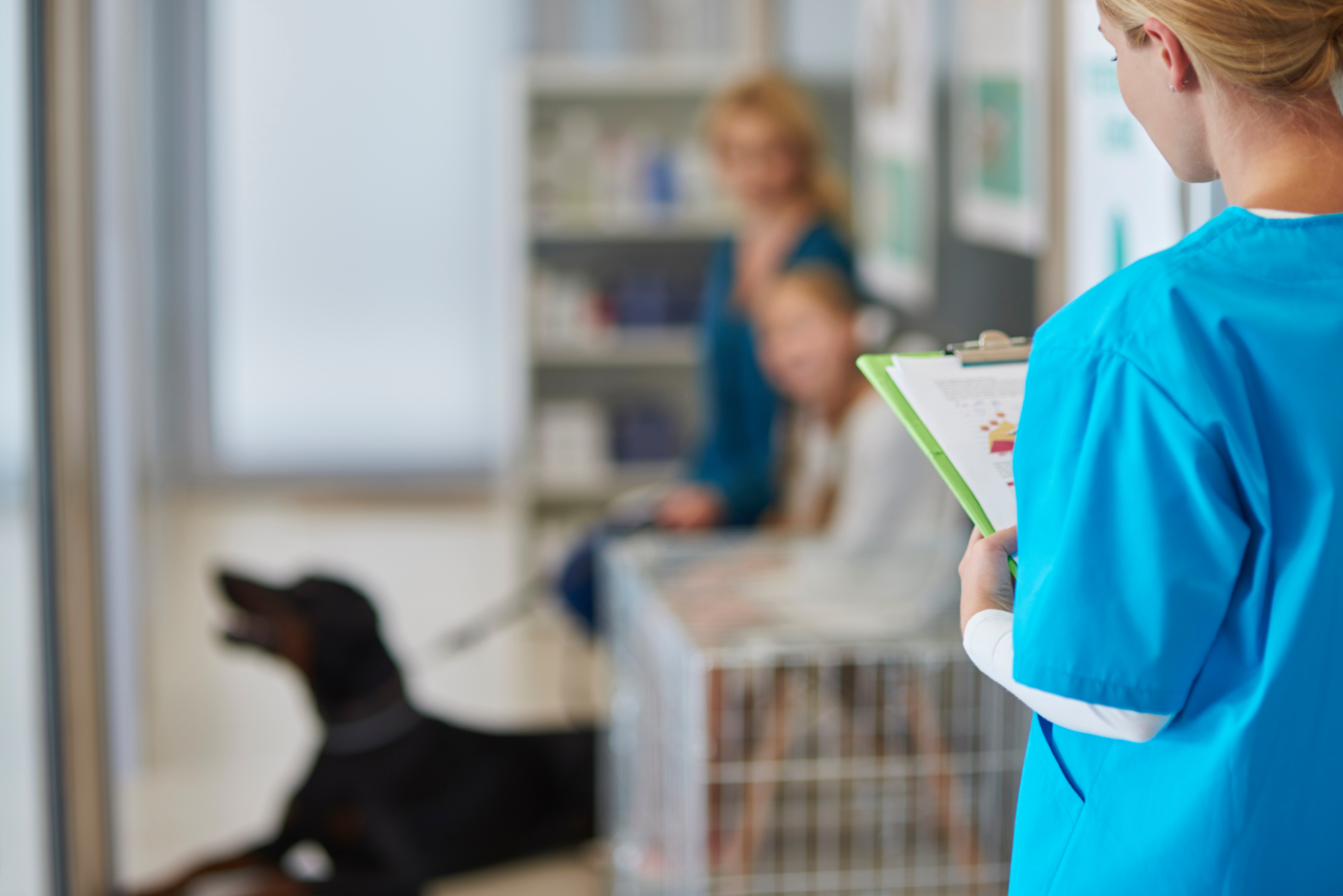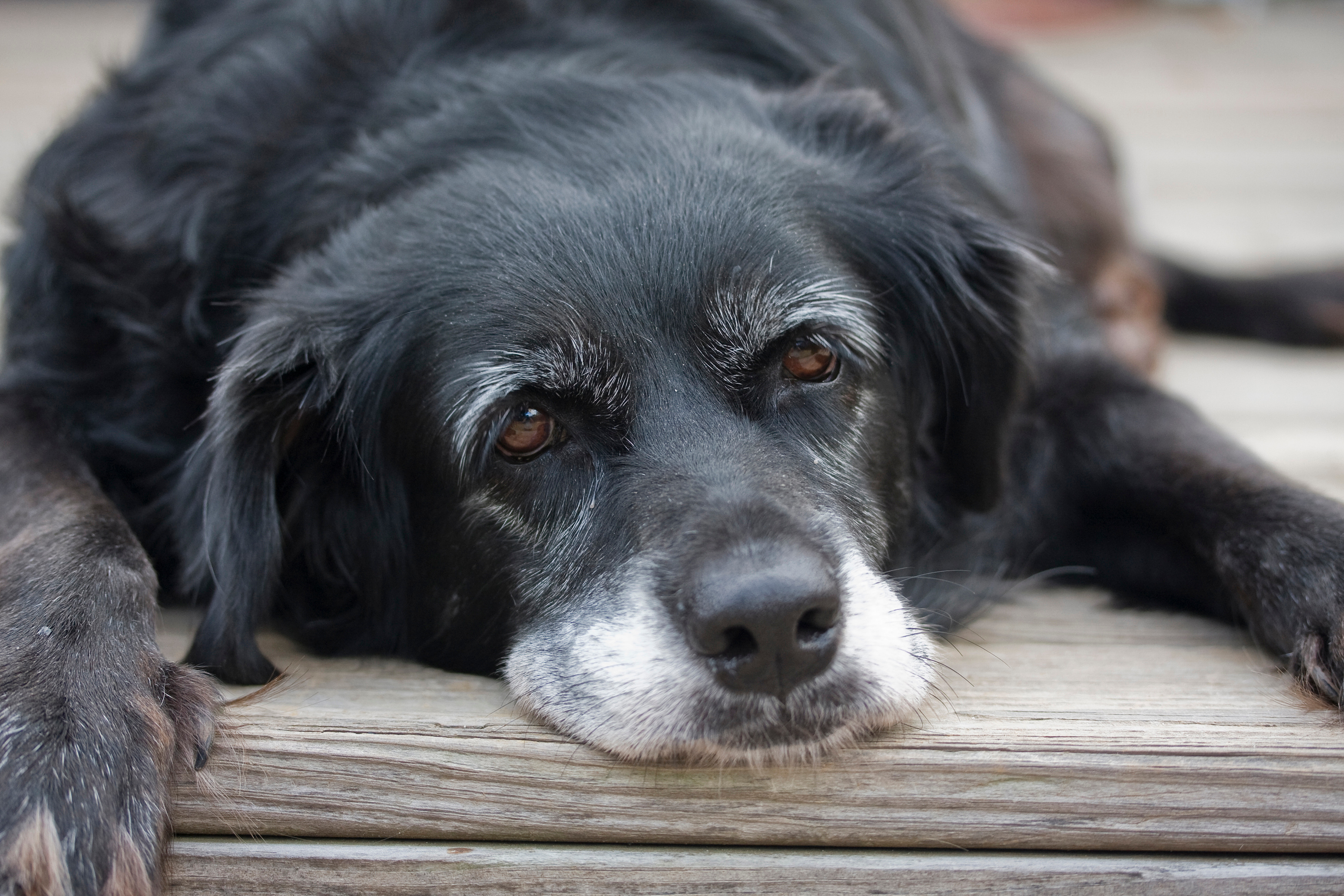Home | Frequently Asked Questions | After Surgery: Frequently Asked Questions:
After Surgery: Frequently Asked Questions:
After Surgery: Frequently Asked Questions:
At Canton Animal Hospital, we prioritize your pet’s comfort and well-being after surgery. Proper post-operative care helps minimize complications, reduce pain, and ensure a quick recovery. Below are important FAQs to guide pet owners through the healing process.
"safe recovery tips for dogs and cats"
Ensuring a Safe & Smooth Recovery for Your Pet
Post-Surgical Instructions & Guidelines
"how to care for my pet after surgery"
The Importance of Following Instructions After Surgery
Proper post-operative care is essential to prevent complications and ensure a smooth recovery.
Following the veterinarian’s instructions reduces the risk of infection, pain, and delayed healing.
Restricting activity and monitoring your pet’s behavior helps avoid accidental injuries.
Medications must be given as prescribed to manage pain and prevent infections.
Regular follow-ups allow for early detection of any concerns before they become major issues.
If you are unsure about any instructions, always contact us for guidance.
How Should I Restrict My Pet’s Activity After Surgery?
No running, jumping, or stair climbing.
No rough play or interaction with other pets.
Always use a leash for bathroom breaks and keep outings short.
When left alone, confine your pet to a cage or small area to prevent excessive movement.
How Should I Care for My Pet’s Incision?
Keep the incision dry and clean – do not bathe your pet until fully healed.
Check daily for redness, swelling, discharge, or excessive licking.
Never apply hydrogen peroxide or rubbing alcohol as they delay healing.
Contact us immediately if moderate swelling, infection signs, or discharge occur.
“never put anything on the incision unless you are specifically told to do so by your veterinarian.”
Featured Resources

We Welcome New Patients!
We're always happy to give your furry friend care at our hospital. Get in touch today!
Contact UsWhat If My Pet Keeps Licking the Incision?
Use an E-collar (Elizabethan collar) to prevent licking or chewing.
Persistent licking can lead to infection or suture removal, requiring additional surgery.
Contact us if your pet seems uncomfortable or excessively focused on the incision.
When Should My Pet Have a Bowel Movement After Surgery?
It’s normal for pets to not have a bowel movement for a few days due to fasting, pain meds, and surgery recovery.
To aid digestion, try adding fiber with canned pumpkin or Metamucil.
If no bowel movement occurs by day 4, contact us for additional recommendations.
What If My Pet Refuses to Eat After Surgery?
Many pets lose their appetite temporarily after anesthesia.
Try warming food slightly or offering a bland diet (boiled chicken and rice).
Cats may respond better to aromatic foods like tuna or canned food.
If appetite does not return within 2-3 days, contact us for further evaluation.
What If My Pet Is Vomiting at Home?
Some pets drink too much water at once, causing vomiting.
Certain medications (like antibiotics or pain relievers) may cause nausea.
If vomiting persists or occurs after stomach/intestine surgery, seek veterinary help immediately.
How Do I Know If My Dog Is in Pain After Surgery?
Signs of pain include:
Whining or crying
Biting or growling when touched
Restlessness or reluctance to sleep
Not wanting to lie on the incision side
Severe pain is most common in the first 2-3 days post-surgery.
If your pet shows signs of pain, call us for additional pain management options.
How Do I Know If My Cat Is in Pain After Surgery?
Cats are more subtle in showing pain. Look for:
Hiding or avoiding interaction
Loss of appetite or refusing to eat
Growling, hissing, or biting when touched
Sitting in a hunched position or reluctance to move
Unlike dogs, cats rarely vocalize their pain, so behavioral changes are key indicators.
If you suspect your cat is in pain, contact us immediately for evaluation and pain relief options.
Signs of pain include:
Whining or crying
Biting or growling when touched
Restlessness or reluctance to sleep
Not wanting to lie on the incision side
Severe pain is most common in the first 2-3 days post-surgery.
If your pet shows signs of pain, call us for additional pain management options.
What Are Important Considerations for Orthopedic Surgery Recovery?
Follow strict exercise restrictions – Avoid running, jumping, or high-impact activities.
Use slings or harnesses for mobility support in dogs with limb surgeries.
Provide orthopedic bedding to reduce pressure on healing joints.
Cold therapy (icing) helps minimize swelling in the first 48-72 hours.
Physical therapy and rehabilitation exercises improve recovery outcomes.
Monitor for complications like excessive swelling, limping, or reluctance to use the affected limb.
How Can I Support My Pet’s Recovery After an Orthopedic Procedure?
For TPLO and other orthopedic surgeries, crate rest is essential for at least 8 weeks.
Gradually reintroduce controlled activity per your veterinarian’s guidance.
Engage in passive range-of-motion exercises to maintain joint flexibility.
Hydrotherapy and laser therapy may aid in faster recovery.
What Pain Medications Can My Pet Take at Home?
Medications may include Tramadol, NSAIDs (Rimadyl, Metacam), or fentanyl patches.
In some cases, mild sedatives can help reduce anxiety and discomfort.
Applying a cold compress to the surgical site for 48-72 hours may help reduce inflammation.
Can My Pet Lick the Incision?
Answer In a word……NO
If a pet licks their incision, it will actually delay the healing process because they usually lick too much and traumatize the area. In addition, licking the incision can lead to:
Licking can remove stitches and cause the incision to open
Licking can become a severe habit that is difficult to break
Licking can cause infection as the mouth has many bacteria
Dogs will frequently lick the incision when the owner is not watching, such as at night time; if the skin looks red or excoriated or there are sutures/staples missing the most common cause is from licking.
To stop your pet from licking the incision site or catheter site the following can be tried:
An Elizabethan collar can be placed on the neck; this will not help stop your pet from scratching at the region
A cervical collar (bite not collar) is a less awkward device and can be effective at stopping a pet from licking the surgical site
If the incision is over the chest a tee shirt can be put on your pet and the waist of the shirt fastened in place by tying the shirttail.
If the incision is over the paw or lower limb a bandage or sock could be put on and kept up with tape.
Bitter apple can be applied around the incision; many dogs will continue to lick after the application of this topical
Bitter Apple and Liquid HeetTM (obtain this from a drugstore...it is used for sore muscles) mixed in a 2:1 ratio can be applied around the skin incision
When Should I Call the Veterinarian?
If your pet experiences persistent vomiting, severe pain, swelling, or refuses food for over 48 hours.
If there is excessive redness, discharge, or reopening of the incision.
If your pet appears weak, disoriented, or has trouble breathing.
Why Choose Canton Animal Hospital for Post-Surgical Care?
Experienced Veterinary Team – Skilled post-operative monitoring and pain management.
Comprehensive Recovery Support – We guide pet owners on the best aftercare strategies.
Advanced Pain Management Options – Including medications and at-home care recommendations.
Dedicated Support – Contact us with any questions or concerns during recovery.
Helping Your Pet Heal Safely & Comfortably! 🐾💙
Featured Resources

We Welcome New Patients!
We're always happy to give your furry friend care at our hospital. Get in touch today!
Contact UsFrequently Asked Questions (FAQs)
Caring for your dog after surgery can be overwhelming. Below, we address common concerns about feeding, wound care, anesthesia recovery, and activity restrictions to ensure a smooth recovery
Tips and Advice from Our Team
Looking for advice about caring for your pet? Our blog features helpful tips and educational material from our team to support your needs.

Pet Arthritis Pain Management – Keeping Dogs & Cats Active
Pet arthritis can cause pain and mobility issues. Our Arthritis Pain Management Guide helps pet owners understand early signs, treatment options, and advanced pain relief solutions like Solensia®, Librela®, and joint injections for better pet comfort.
Read More

